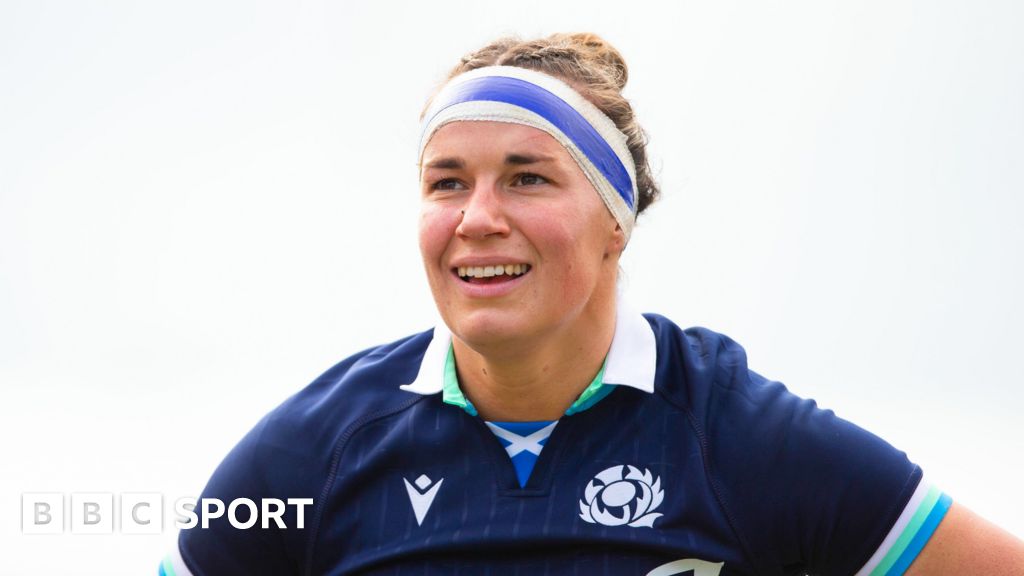Bussiness
Footage ‘shows salmon being buried on Scottish island beach illegally’

Based in the Outer Hebrides Whiteshore Cockles has been burying dead and diseased salmon from fish farms in pits of sand for more than a decade on one of North Uist’s beaches.
Whiteshore Cockles carrying out the practice was legal due to an exemption from the Scottish Government, as they were building a fish waste dryer.
The drier breaks down dead salmon with heat turning them into fish oil and fishmeal, which is seen as a sustainable solution for the disposal of fish mortalities in the Western Isles.
READ MORE: Subscribe to The National for £10 to enjoy fantastic puzzles and perks
However, this exemption came to an end on January 31, 2024, and it became illegal to bury deceased salmon.
Footage shared to ITV by Ecotricity, a green energy company and environmental campaigner, showed the company was still burying dead fish in May.
Lorries can be seen tipping huge amounts of salmon into a hole with seaweed and then dumped on top of it.
Ecotricity said to ITV they had huge concerns about the site already, due to waste spilling on the beach and a lack of control measures in place.
They added that their footage shows that Whiteshore Cockles are breaking the law by continuing the practice.
When presented with the footage by ITV the owners of the family-run business, Angus and Fraser Macdonald, said that it was in “the past”, and the plant they showed us was “the future.”
When asked if the burying of dead fish was still going on, Angus said: “It’s not happening at all.”
But when asked if it was happening in May Angus said: “Like I said, we’ve invested a lot in the plant. A lot of energy and we bring jobs to the place”.
Fraser added: “Our aim is to process all the fish through the plant, the last thing we want to be doing is putting them under the ground like what used to happen historically.”
When asked why the pictures existed from May, he said: “We’re not willing to comment on these pictures just now.”
READ MORE: Scottish man’s ‘head slammed on ground’ by German police over Palestine flag
Records show that Highlands and Islands Enterprise provided two grants to Whiteshore Cockles, £404,000 in November 2016 and £200,000 in February 2021.
The drier has reportedly been running since September 2023 and has been fully operational this year.
The drier can process up to 48 tonnes of Salmon a day, but 15 tonnes would realistically be the most required, Angus told ITV.
The Scottish Environment Protection Agency (SEPA) carries out checks on premises like Whiteshore Cockles and has done so throughout this year, they told ITV.
In a statement, a spokesperson said: “Sepa was advised by Whiteshore Cockles that any mortalities that were not being processed by the permitted facility, as part of the commissioning process, were being transported to mainland treatment facilities for disposal”.
“Sepa is concerned by the information presented and is now investigating with public partners with responsibilities for this activity.”
Sepa has not yet signed off on the new drier facility, it added.
Whiteshore Cockles has been approached for comment.










